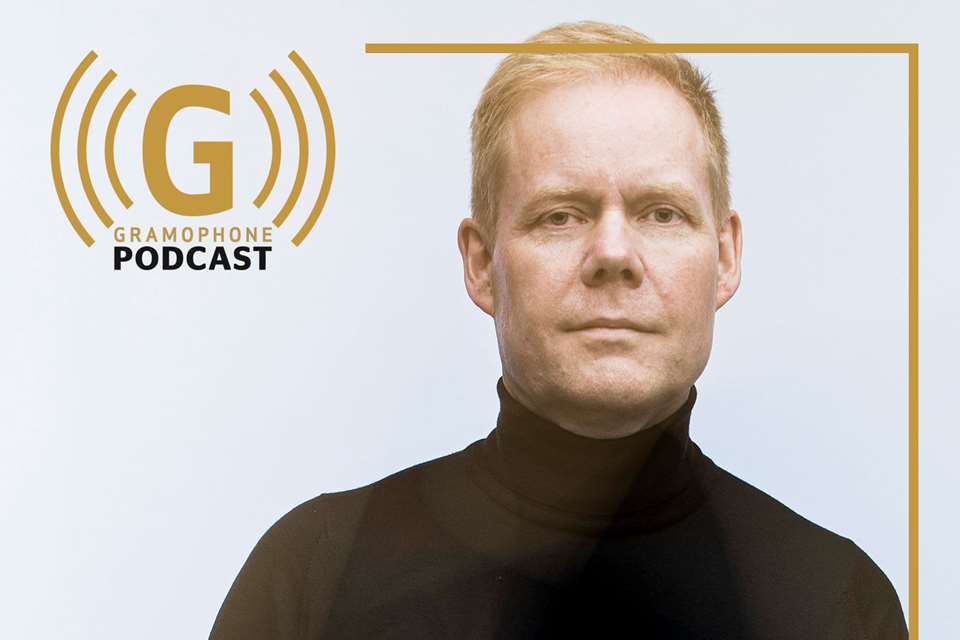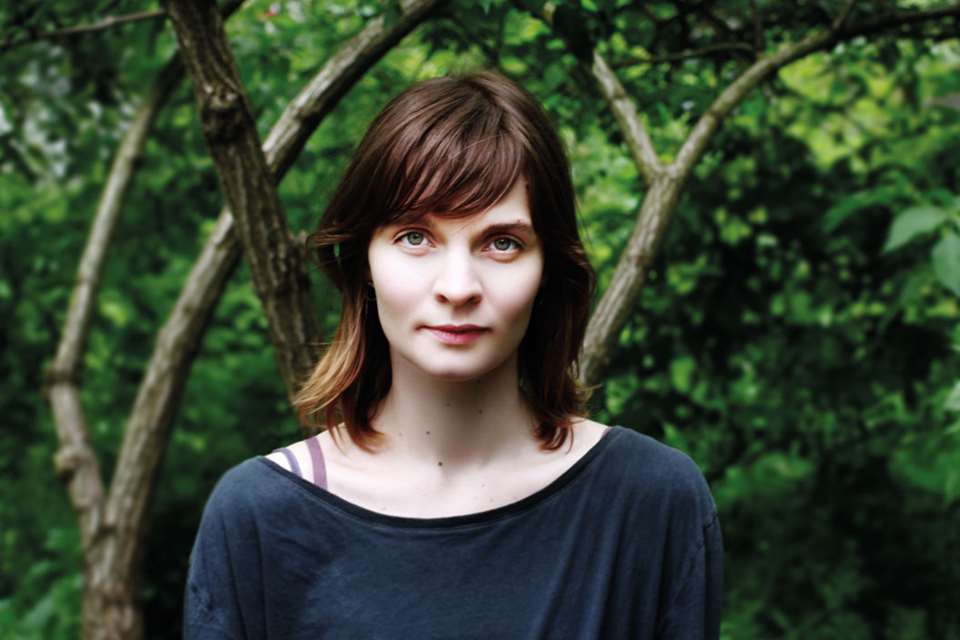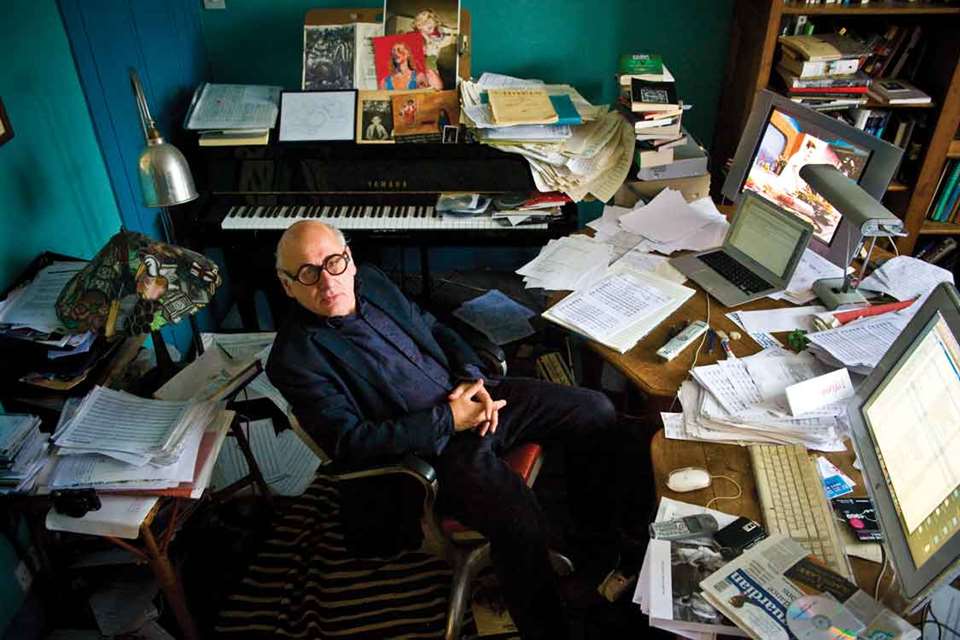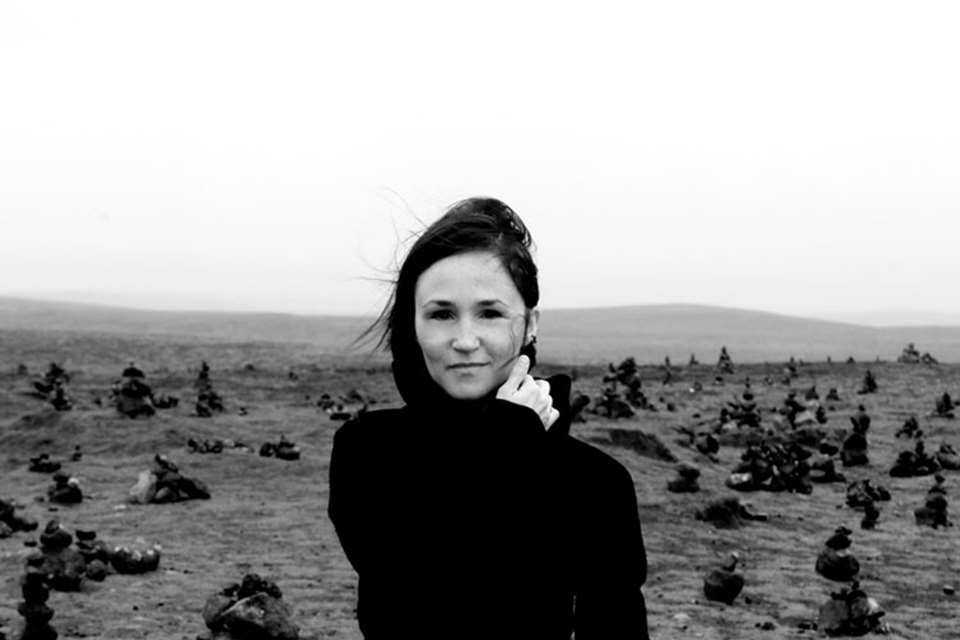Contemporary Composer: Max Richter
Sarah Kirkup
Tuesday, October 20, 2020
The composer’s accessible blend of post-classical and electronic styles tugs at the heartstrings, says Sarah Kirkup
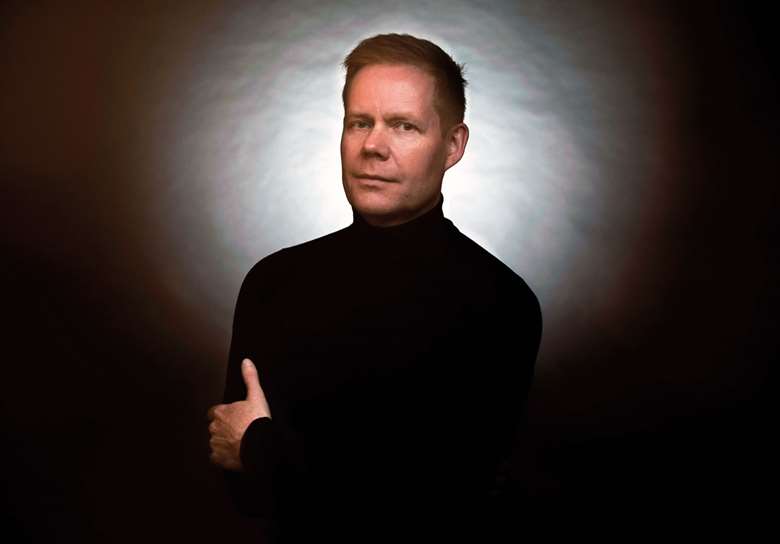
Register now to continue reading
Thanks for exploring the Gramophone website. Sign up for a free account today to enjoy the following benefits:
- Free access to 3 subscriber-only articles per month
- Unlimited access to our news, podcasts and awards pages
- Free weekly email newsletter




